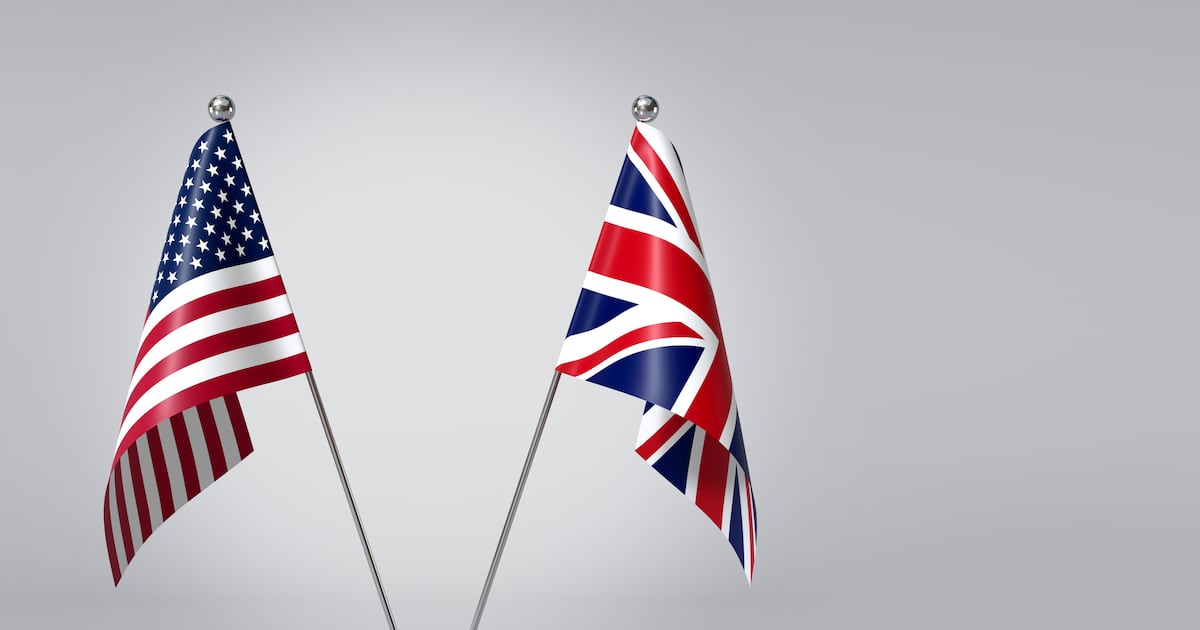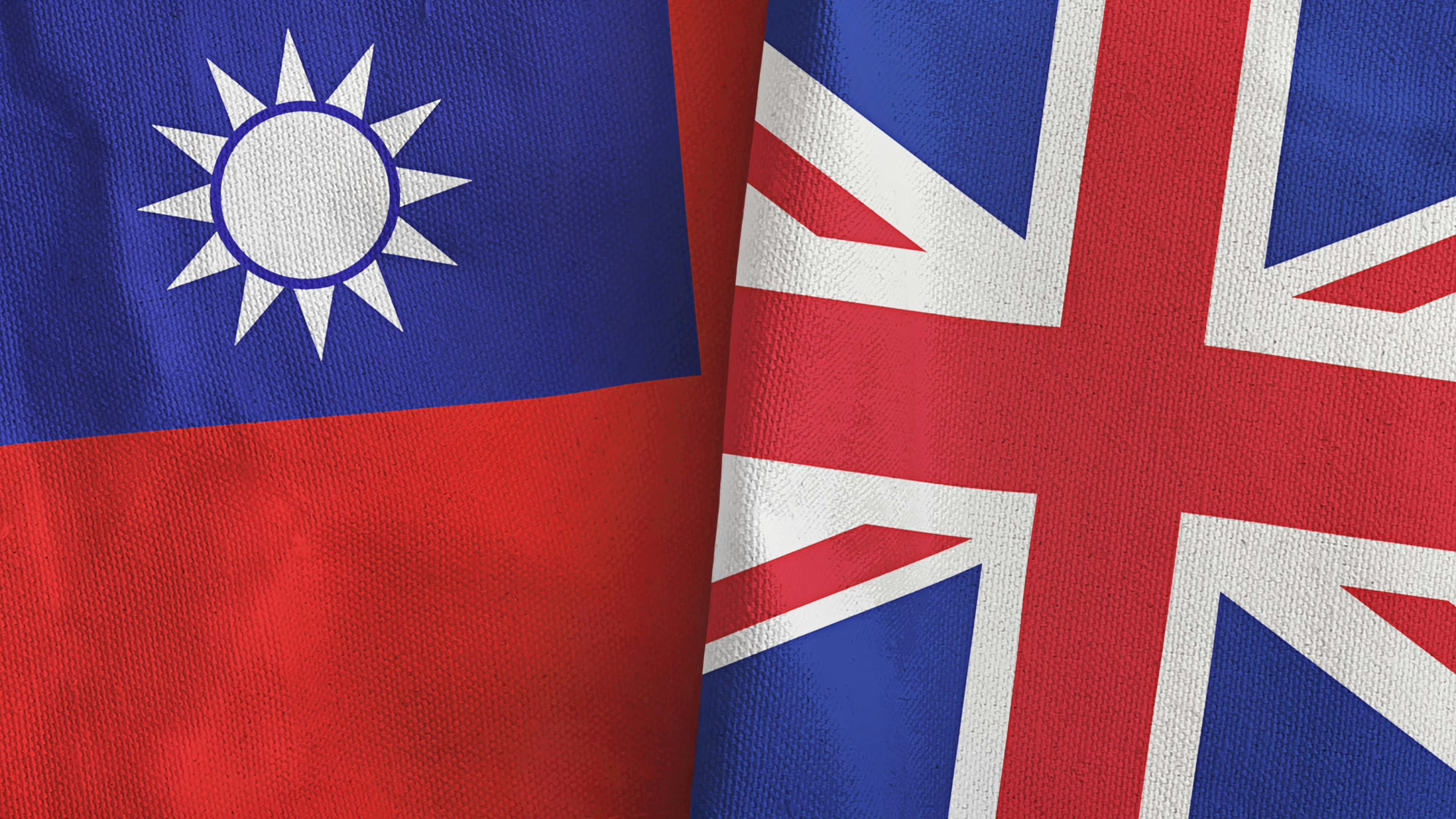In a landmark announcement from the White House, US President Donald Trump declared a “comprehensive and complete” trade agreement with the United Kingdom, hailing it as a cornerstone of post-Brexit Britain’s independent trade strategy. The deal, the first major trade breakthrough since the Trump administrations global tariffs in April, promises economic gains for the UK but raises concerns over its impact on British livelihoods, the European Union, and Labour’s political fortunes. Could this propel Britain to the forefront of Europe?
Deal Highlights: Tariff Cuts and Market Access
The agreement spans critical sectors:
- Tariff Reductions: The UK slashes import tariffs on US food and agricultural products from 5.1% to 1.8%, while the US lowers duties on British cars, steel, and aluminium, some dropping from 25% to 10% or less.
- Digital Services Tax: The UK may ease its tax on US tech giants in exchange for broader market access.
- Economic Impact: The US projects a $5 billion boost in exports to the UK, with Britain poised to gain in automotive and financial services.
In 2024, UK-US bilateral goods trade reached $148 billion, with the US as Britain’s second-largest single trading partner after the EU. The deal is a linchpin of the UK’s “Global Britain” vision, designed to counter the sting of US global tariffs.
Britain’s Opportunities
Prime Minister Keir Starmer hailed the deal as a “game-changer for British businesses, driving growth and prosperity”. Key benefits include:
- Automotive and Manufacturing: Lower US tariffs will turbocharge exports for firms like Jaguar Land Rover, with UK car exports to the US worth $10 billion in 2024.
- Services Sector: Financial and tech industries stand to gain from relaxed US market barriers, reinforcing London’s status as a global financial hub.
- Diplomatic Leverage: The deal bolsters Britain’s hand ahead of the 19 May UK-EU summit, potentially smoothing negotiations for a new UK-EU trade pact.
Challenges and Controversies
Yet, the agreement has sparked alarm:
- Agricultural Threat: Cheaper US products like chicken and beef could flood UK markets, threatening British farmers. Starmer’s pledge to uphold food standards may limit the deal’s scope but risks trade-offs.
- Tariff Imbalance: While UK tariffs on US goods plummet, US duties on British products rise to 10%, potentially inflating costs for energy and industrial goods.
- Public Backlash: Farming groups and environmentalists slam the deal as a “sell-out to America”, warning of harm to the environment and consumer rights. Parliamentary approval could hit snags over contentious clauses.
Analysts caution that the deal may be a framework agreement, with details pending further talks and ratification by both the US Congress and UK Parliament, injecting uncertainty.
Impact on British Lives
The trade deal will reshape daily life for Britons, from supermarket shelves to pay packets:
- Prices and Choices: Cheaper US food and consumer goods could ease inflation, lowering costs for items like poultry and processed foods. However, fears over quality—especially US products like chlorine-washed chicken—may dent consumer confidence.
- Jobs and Wages: Export-driven growth in cars and manufacturing could create jobs in the Midlands and North, notably Birmingham and Manchester. Yet, farming regions like Wales and rural Scotland face job losses as US imports bite.
- Cost of Living: Lower tariffs on US industrial goods, such as car parts, may reduce vehicle repair costs. Conversely, the US’s 10% tariff on UK goods could hike energy bills and industrial product prices, squeezing household budgets.
- Health and Safety: Starmer’s commitment to high food standards aims to reassure consumers, but any perceived slip could spark public outcry over health risks.
EU Under Pressure
The UK-US deal sends ripples across the European Union:
- Trade Rivalry: As a US trade priority, the UK could siphon American investment and goods, challenging the EU’s dominance in the US market. In 2024, EU-US trade hit $1.2 trillion, dwarfing UK-US trade, but Britain’s tariff edge may lure US firms.
- UK-EU Talks: The deal strengthens Britain’s leverage at the 19 May UK-EU summit, particularly on fisheries and services. The EU may need to offer concessions to keep the UK aligned.
- Regulatory Divide: If the UK relaxes food or environmental standards for the US, it risks clashing with the EU’s stringent rules, disrupting supply chains and complicating the Northern Ireland Protocol.
- Geopolitical Shift: The deal tightens UK-US ties, potentially sidelining the EU in transatlantic affairs, especially as Trump takes a hardline stance on Europe. The EU may fast-track trade talks with Canada or India to counterbalance.
Maria Demertzis of the Brussels-based Centre for European Policy Studies said: “The UK-US deal may force the EU to rethink its approach to Britain, but it won’t unseat the EU’s clout as the world’s largest single market.”
Can Britain Lead Europe?
Could the deal position Britain as Europe’s leader, eclipsing Germany or France? The outlook is mixed:
- Strengths: Post-Brexit, Britain’s nimble trade policy outpaces the EU’s 27-nation consensus. The deal signals global agility, potentially accelerating talks with India or Australia. London’s financial prowess and UK-US alignment amplify Britain’s diplomatic heft in NATO and beyond.
- Hurdles: Britain’s $3.3 trillion GDP in 2024 pales against the EU’s $18.8 trillion. The EU remains Britain’s top trade partner, accounting for 42% of trade, and any regulatory rift could cripple UK exports. EU integration, led by Germany and France, is gaining steam in defence and energy, limiting Britain’s political sway as a non-member.
Iain Begg, professor at the London School of Economics, noted: “The UK-US deal gives Britain a momentary edge, but its economic scale and EU reliance make leading Europe a tall order.”
Will the Deal Boost Labour’s Support?
The trade agreement’s impact on Labour’s popularity hinges on its economic fallout and public perception:
- Upsides:
- Economic Wins: If the deal delivers lower prices (e.g., food, car parts) or job growth in industrial heartlands, Labour could earn plaudits, especially in swing constituencies.
- Global Statesmanship: Starmer’s success in securing the deal burnishes Labour’s image as a competent global player, appealing to centrist voters.
- Conservative Contrast: Labour’s breakthrough contrasts with the Conservatives’ trade stagnation during 2020-2021, blunting opposition attacks.
- Risks:
- Farming Fury: If US low-standard foods spark backlash, particularly in rural Wales or the Southwest, Labour risks alienating farmers and green voters, who may see the party as caving to US interests.
- Rising Costs: The US’s 10% tariff could fuel inflation in energy and goods, hitting urban middle-class voters and eroding Labour’s economic credibility.
- Parliamentary Gridlock: If the deal stalls in Parliament over food standards, Labour could face accusations of weak leadership, denting its momentum.
A YouGov poll from April 2025 pegs Labour’s support at 38%, ahead of the Conservatives’ 24%. Tangible economic gains by late 2025 could push Labour’s rating above 40%, but farmer unrest or cost-of-living spikes might drag it below 35%, especially before the 2026 local elections.
Political analyst Sarah Jones commented: “Starmer’s challenge is to sell the deal’s benefits while defusing fears over food safety. Get it right, and Labour could cement its lead. Get it wrong, and the backlash could be brutal.”
Market Buzz and What’s Next
Markets cheered the deal, with UK automotive and financial stocks climbing, though analysts note Britain’s 3% share of US trade limits its impact. The UK is eyeing trade talks with Canada and India to diversify its portfolio.
As global trade tensions simmer, the UK-US deal’s rollout will be closely watched. Britain must navigate domestic unrest, EU relations, and economic dividends. Can Starmer’s Labour deliver on its “recovery” pledge, boost its voter base, and elevate Britain’s European stature? The jury’s out.
Discover more from “Bridging Hongkongers. Reporting Truth.”
Subscribe to get the latest posts sent to your email.




